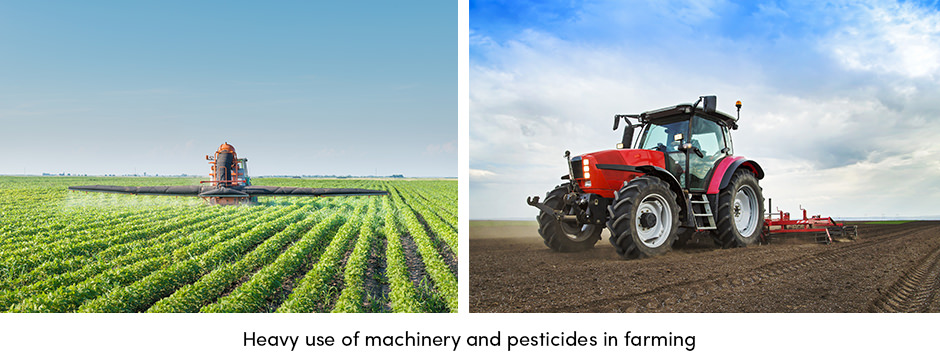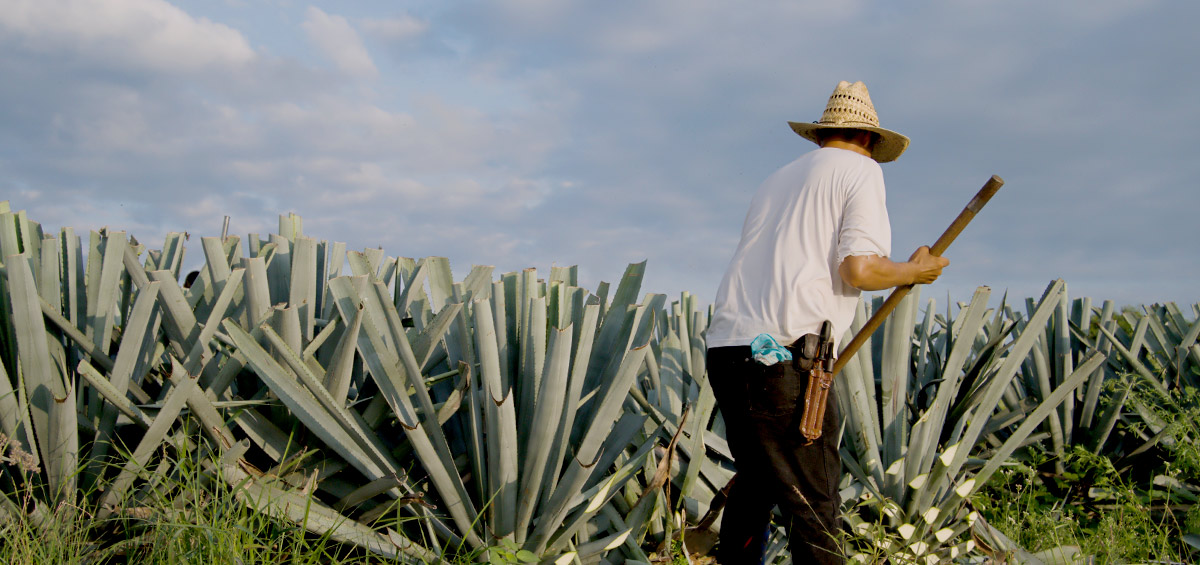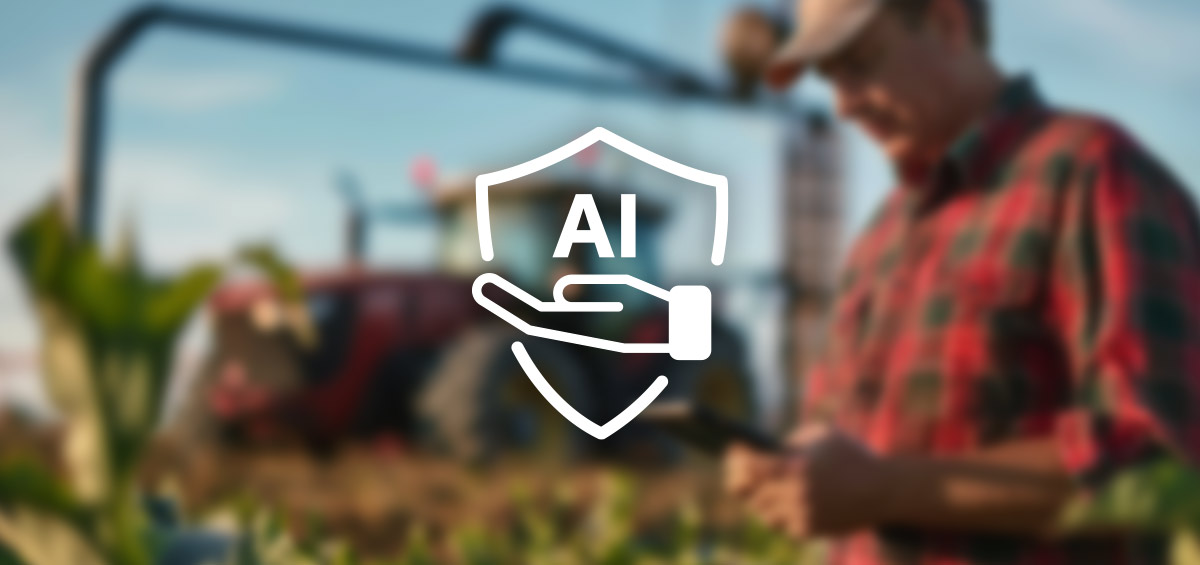The rapid rise of farm mechanization that took place in the late 19th and early 20th centuries led to significant changes in farming. The introduction of and innovation of machines such as tractors, synthetic fertilizers, and pesticides, marked the beginning of intensive farm practices. As the global population continued to rise rapidly, the global food demands increased significantly as well. Consequently, the response to the rising need to feed the global population became intensive farming.
Intensification of farming is the process of increasing the use of capital and labor in order to increase yields and farm profitability. Because of this, intensive farm practices are often presented as a solution for feeding the world. In an attempt to accommodate worldwide needs and increase farm productivity and profitability, intensive farmers rely heavily on the use of machinery, pesticides, synthetic fertilizers, and large-scale irrigation systems.
Intensive Farming as a Productive Farm Practice
With the optimal use of inputs, intensive farmers manage to produce more crops per land unit, making these intensive farm practices a simple way to increase farm productivity. Intensive farming implies a monoculture system; meaning farmers simplify their farm management by growing the same crop over several years on the same field, enabling them to become highly skilled. The labor cost associated with this type of farming is also lower than that of other farming types.
The Other Side of Intensive Farming
While intensive farming was introduced as a solution to feeding the world, with farmers’ productivity increasing, at the same time, sustainability has become questionable. Scientists are becoming increasingly concerned about the environmental consequences of intensive farming. For instance, heavy use of pesticides reduces biodiversity and may have negative effects on helpful organisms. Possible negative effects on human health is also often questioned. Furthermore, pesticides and synthetic fertilizers cause pollution and poisoning of soil and water.
Intensive farm management practices are one of the main contributors to global deforestation. Slash and burn agriculture is one example of how the clearing of tropical forests in order to increase crop production can cause deforestation and soil erosion.
In aiming to achieve higher productivity, intensive farm practices contribute to climate change, leaving a dramatic footprint on the environment. Clearing land in order to make room for the growing of crops, intensive cattle raising, and overuse of fertilizer significantly contribute to global greenhouse gas emissions.
Sustainability of Intensive Farm Practices
There is much discussion about the sustainability of intensive farming. Sustainable crop production aims to increase yields while at the same time protecting valuable natural resources. With all of the negative consequences of intensive farm practices, it’s obvious that this practice is not sustainable long term.
However, by transforming farm management intensive practices into a conservation type of agriculture, intensive farmers will be able to develop more sustainable crop production on their land. Furthermore, many intensive conventional farmers are beginning to recognize the benefits of organic farming and are introducing some organic practices into their farm management.
In order to reach Zero hunger, food production must be oriented towards sustainability. By protecting the environment, farmers are able to protect the most valuable production resources, thus protecting the global food supply.
Text and image sources: Everything Connects || FAO || Mr. Paolano Global Studies






